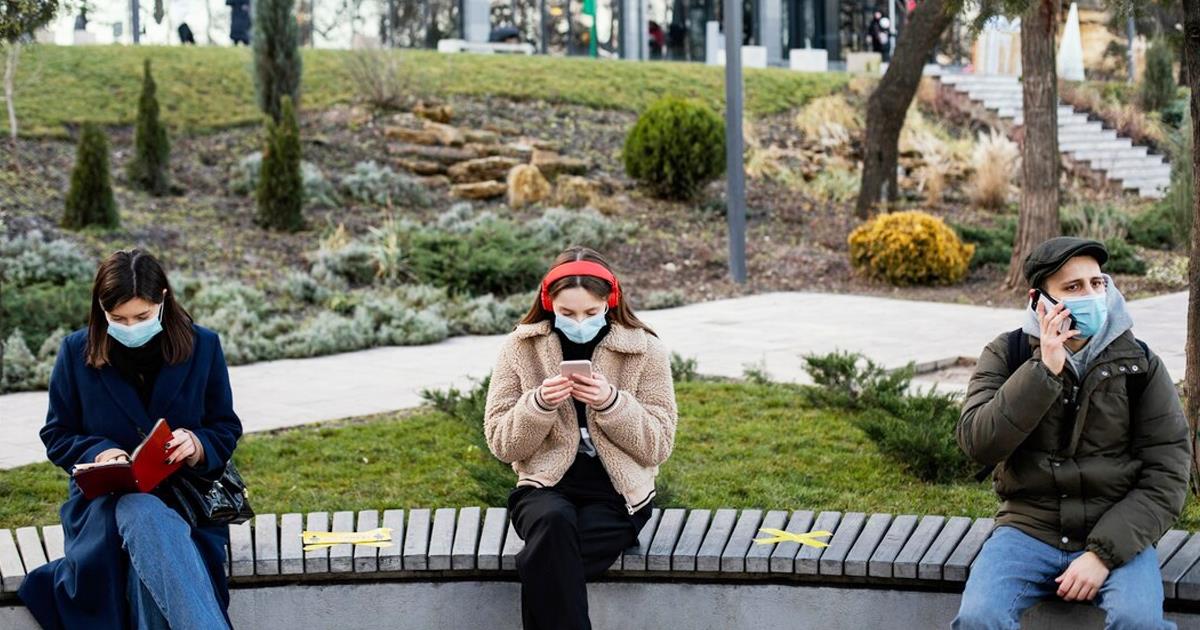Kuwait’s post-pandemic lifestyle is undergoing major changes in 2025. With the challenges of COVID-19 behind, citizens and residents are adapting to a fast-evolving social and economic environment. These changes affect everything from work culture and healthcare to food, fashion, and family dynamics.
Kuwait’s society, once focused on in-person traditions and indoor lifestyles, is now embracing modern, healthier, and more connected ways of living. In this article, we explore seven positive trends that reflect how Kuwait’s post-pandemic lifestyle is rapidly shifting this year.

1. Remote Work Is Becoming a Long-Term Norm
Before the pandemic, office-based work dominated most professional sectors in Kuwait. In 2025, remote work is now a long-term reality in many industries such as IT, media, finance, and education. Government ministries and private firms have adopted hybrid models, allowing employees more flexibility.
This shift is not only improving work-life balance but also cutting commuting time, reducing traffic congestion, and promoting digital transformation across organizations. Young Kuwaitis are embracing freelance platforms and global job markets, showing that Kuwait’s post-pandemic lifestyle now includes a more global, digital outlook.
2. Health and Wellness Are Taking Center Stage
Health awareness has increased dramatically. Gyms, yoga studios, and fitness clubs are witnessing a surge in memberships. People are now more likely to follow clean eating, stay hydrated, and practice mindfulness. Home-cooked meals, low-carb diets, and sugar-free drinks have replaced fast food in many households.
Post-pandemic anxiety and stress have also pushed people to adopt mental wellness routines. Therapy, meditation, and wellness apps have grown in popularity among all age groups.
3. Traditional Fashion Has Blended With Comfort
The pandemic changed how people dress. Today, comfort-driven clothing is integrated with traditional attire. Young men and women are combining casual styles like loose trousers and sneakers with abayas and dishdashas, reflecting both culture and comfort.
Local designers are creating breathable, smart-casual outfits for everyday use. This trend also shows how Kuwait’s post-pandemic lifestyle is encouraging people to express their identity while feeling physically at ease.
4. Outdoor Culture Is Growing Rapidly
Spending time outdoors has become a regular part of life. From beach walks to desert safaris and jogging in public parks, more Kuwaitis are stepping out. Cafes with outdoor seating and weekend camping trips are more popular than ever.
The government has also supported this trend by developing more green spaces, walkable zones, and cycle tracks. The emphasis on physical movement and nature is a major part of the new lifestyle norms.
5. Digital Payment and E-commerce Dominate Daily Life
In 2025, cashless transactions are the new norm. People prefer mobile wallets, contactless cards, and digital banking. From groceries to medical appointments, everything can be booked or ordered online.
Kuwait’s e-commerce platforms have expanded, providing same-day delivery, better prices, and more options. Businesses are moving online rapidly, allowing even small sellers and artisans to reach a wider audience.
This growth shows how Kuwait’s post-pandemic lifestyle is moving toward convenience, speed, and technology in all areas of life.
6. Education Is Hybrid and Skill-Focused
Schools and universities have evolved. Hybrid learning—part online, part offline—is common. Students use tablets, online classes, and AI learning apps to study at their own pace. Education has become more skill-focused, encouraging coding, design, language learning, and entrepreneurship.
Even adults are returning to learning. Many professionals are taking part-time courses online to upskill or switch careers. This flexible system fits well with the new demands of a modern lifestyle.
7. Community Support and Family Ties Are Stronger
Perhaps the most heartwarming trend is the return to strong social bonds. Families now value time together more than ever. Shared meals, family trips, and frequent gatherings are back. Young people are also stepping up to support elderly relatives with digital tools, health checks, and errands.
Community organizations are organizing charity events, group fitness programs, and local clean-ups. The sense of unity and mutual care has grown since the pandemic taught everyone the value of connection and togetherness.
What This Means for Kuwait in 2025

These lifestyle shifts are shaping Kuwait’s future. Citizens are prioritizing balance, health, and digital convenience. Young people are breaking old patterns and creating a culture that mixes tradition with innovation. Businesses, schools, and healthcare systems are adapting quickly.
While some challenges remain, such as rising living costs and environmental concerns, the overall shift is optimistic. Kuwait’s post-pandemic lifestyle in 2025 reflects resilience, smart adaptation, and a renewed focus on well-being.
Conclusion
Kuwait is moving forward fast. The pandemic changed people’s mindset forever, but the response in 2025 is largely positive. With stronger health habits, better work culture, rising tech use, and deeper human connections, the country is setting an example in the region.
Understanding and embracing these lifestyle changes is key to thriving in the new Kuwait. For citizens, businesses, and the government, the path ahead is promising—full of opportunity and progress.
Also Read – Kuwait Sedentary Lifestyle Surge May Raise Health Risk by 30%



